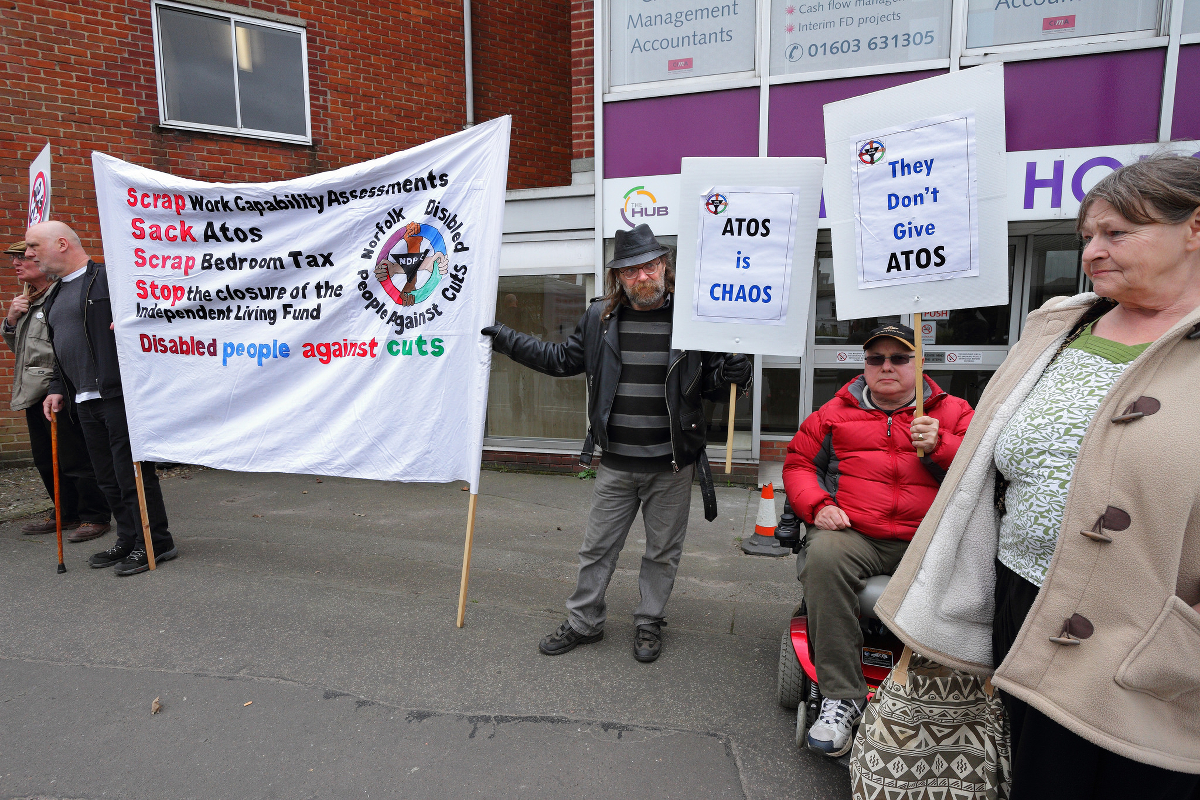When somebody leaves their country of origin due to danger or fear and seeks asylum — and makes a home — in a new part of the world, it is the responsibility of those in their new nation to keep them safe.
In this respect, the UK let down Bijan Ebrahimi.
Bijan Ebrahimi sought a safe sanctuary
Ebrahimi had come to the UK from Iran and settled in Bristol in the south of England. He was a disabled man who suffered racially motivated abuse and was falsely accused of being a paedophile. The abuse went on for seven years, culminating in a horrific scenario where neighbours surrounded Ebrahimi’s home, baying for blood.
Ebrahimi was beaten to death and set on fire by neighbour Lee James.
In a 339-page report, the Independent Police Complaints Commission (IPCC) has this week concluded that the Avon and Somerset Police let down Ebrahimi after his 85 calls to the police reporting hate crime, abuse, criminal damage and even arson were dismissed and ridiculed. Ebrahimi himself was arrested on two occasions after reporting crimes, and the police refused to help with any further reports.
The IPCC ruled that the Avon and Somerset Police showed ‘hallmarks of racial bias, conscious or unconscious’ in their treatment of Ebrahimi, who was failed again and again and again by his local police force. Despite his 85 calls for help, 40 were not even logged by the police.
Jan Williams, an IPCC commissioner, said Mr Ebrahimi had been let down “on a number of levels, over a number of years”.
“This failure was at its worst at the very time that his need was greatest.
“[…] his complaints about abusive neighbours were disbelieved and he was considered to be a liar, a nuisance and an attention seeker.
“Neighbours’ counter allegations were taken at face value and accepted, despite evidence to the contrary, and Bijan Ebrahimi found himself regarded as the perpetrator of the abuse, rather than as the victim.”
In the hour before his death, on 14th July 2013, Ebrahimi made a final, futile call to the police, whereupon Leanne Winter, a police officer with Avon and Somerset Police, said “I’m absolutely not interested in speaking to him ever thanks… I don’t think anybody is, to be honest. He’s a pest.”
Winter later lost her job, along with fellow officer Helen Harris. Kevin Duffy, another police officer, and Andrew Passmore, a Police Community Support Officer, were jailed for their misconduct in a public office, for 10 months and four months respectively. They also lost their jobs. Two further officers received final written warnings after 17 were investigated.
Ebrahimi’s sister, Mojgan, told the BBC, “He was always waiting on police, he was thinking it’s their duty to care for him and protect him so he didn’t think it was up to us.
“He never gave up and he always thought he was in a country that police was there to protect people and he couldn’t see anything beyond that.”
Not only could his death have been prevented by the police, according to the IPCC report, Ebrahimi’s life could have been significantly improved if they had taken him seriously and recorded race hate crimes as the law suggests they should. To be treated with such contempt by white police officers when his need was so great adds insult to the injury he had already suffered as a result of lies propagated about him by the very neighbours who persecuted and ultimately killed him.
Disability hate crimes
Katherine Quarmby, co-ordinator of the Disability Hate Crime Network, has also raised concerns with the Disability News Service that the IPCC report did not look sufficiently seriously into the possibility that Ebrahimi suffered disability discrimination as well as racial hatred. He was known to be disabled, and the way that intersected with his race and religion will have played a key role in his victimisation.
The IPCC told journalist John Pring, “It became apparent in the early stages of the investigation that there was no evidence of disability hate crime, but there was substantial evidence that Mr Ebrahimi self-identified as a victim of race hate crime.
“Investigators were consequently led by this evidence and race hate crime became the prevalent line of enquiry.
“Our investigations are led by the evidence gathered. We found no evidence of disability being a factor in how Mr Ebrahimi was treated by the police.”
But, as Quarmby told Pring, “If disability as a factor has not been investigated by police, scrutinised by the CPS or then examined as a possible factor by the IPCC, it is not surprising that there is no evidence.
“There rarely is evidence of a crime if you do not look for it.”
IPCC conclusions
IPCC investigator John Simick said, “Had his allegations in earlier years been recorded and investigated correctly, the truth of what he was enduring may have been discovered and, consequently, his murder may have been prevented.
“The extent of the failures and the degree to which they were apparent to others, including supervisors, are such that it might reasonably be said that the Avon and Somerset Constabulary, as an institution, must at least share the responsibility.”
Avon and Somerset Police Deputy Chief Constable told Sky News, “We did not murder Mr Ebrahimi… however, the IPCC would say that there were opportunities which could have prevented the outcome of what happened.”
That is hardly a response that fills me with confidence that the force has truly taken on board the severity of what happened. We must take better care of those who come to us in need, and not let them arrive in a ‘safe’ country and then murder them with indifference.
Photo: Roger Blackwell/Creative Commons

